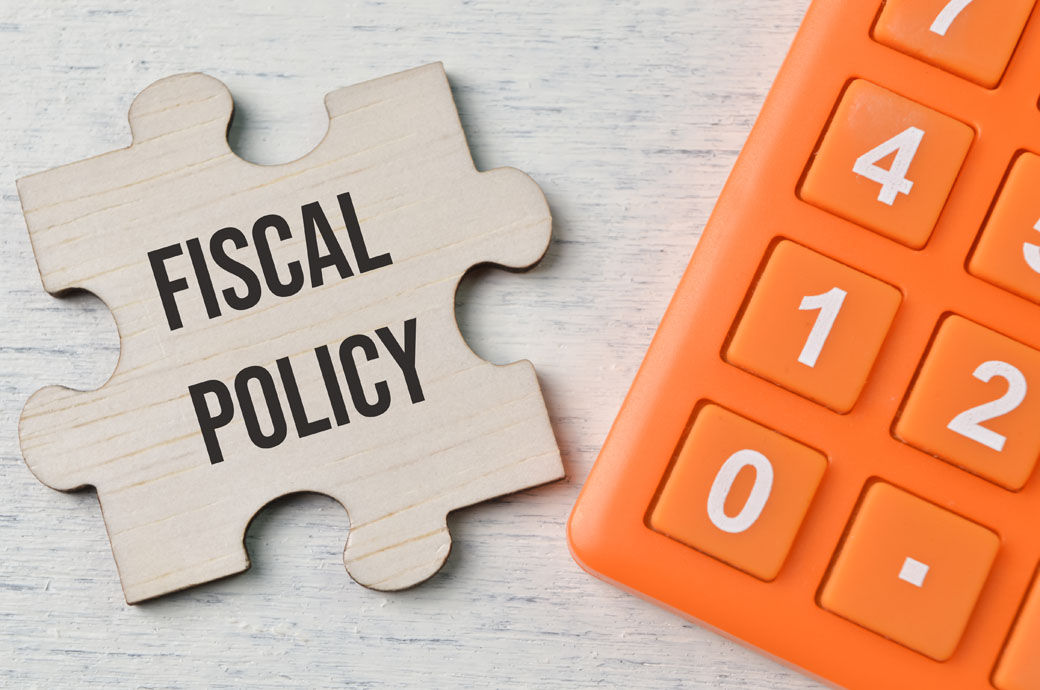
“Inflation will continue to decline due to the lagging effects of monetary policy. Additionally, fiscal policy is set to be tighter than this year,” he told the Tourism Investment Forum in Istanbul.
The country is expected to close this year with an inflation rate of 44-45 per cent, slightly exceeding initial targets, Simsek said.
Turkish finance minister Mehmet Simsek outlined a stricter fiscal policy for 2024 to reinforce the government’s disinflation strategy.
Inflation is projected to drop further due to tighter monetary and fiscal measures.
Year-end inflation forecasts have risen to 44 per cent for 2023 and 21 per cent for 2024, with the government targeting single-digit inflation within 2-2.5 years.
Tight monetary policy, fiscal measures and base effects brought annual inflation down to 48.58 per cent in October from a peak of 75.45 per cent in May.
Earlier this month, the country’s central bank raised its year-end inflation forecasts for this year and next to 44 per cent and 21 per cent respectively. It previously forecast year-end inflation of 38 per cent in 2024 and 14 per cent next year.
The government anticipated end-2024 and end-2025 inflation of 41.5 per cent and 17.5 per cent, respectively.
“We will achieve a reduction in inflation by persistently and resolutely implementing our disinflation programme,” Simsek was quoted as saying by domestic media reports.
“The disinflation process takes time, and we aim to bring inflation down to single digits within the next 2-2.5 years,” he added, saying the private sector’s inflation expectations are still unrealistic.
A central bank report showed inflation expectations among Turkish households have dropped to their lowest levels since February 2022.
Fibre2Fashion News Desk (DS)






